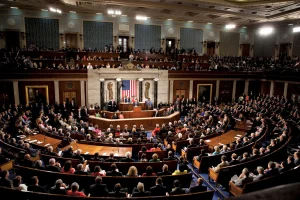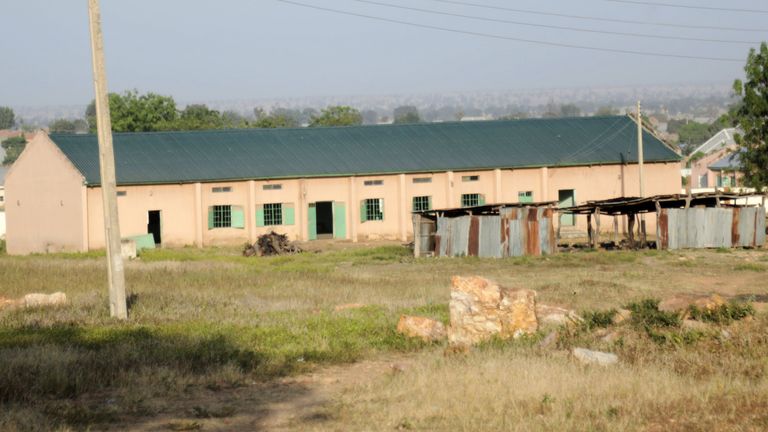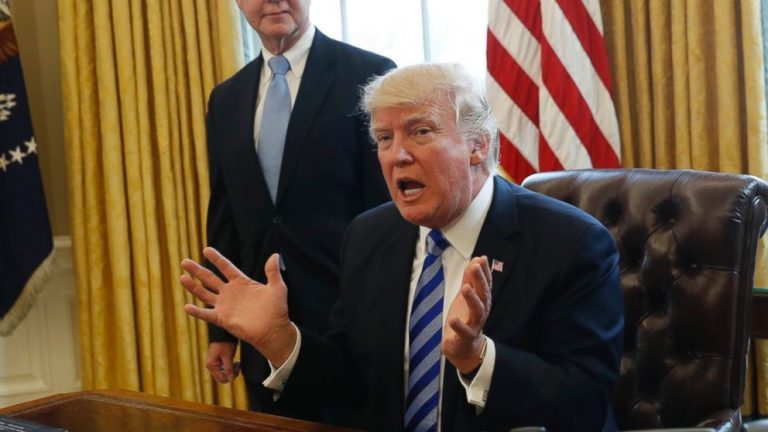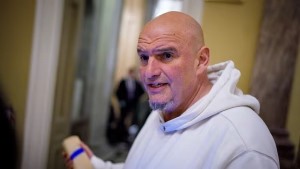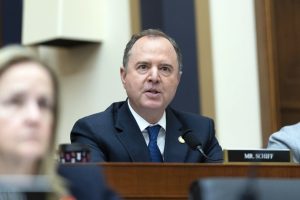In a disturbing escalation of violence targeting religious communities in Nigeria, armed assailants have abducted nearly 100 children and staff members from a Catholic school in Agwara, located in the heart of the country. The raid, which occurred in the early hours of Friday morning, represents the second major kidnapping of students in Nigeria within just a week, heightening fears over the safety of children and the growing reach of armed gangs and jihadist groups in the region.
According to local reports, the attackers arrived at St. Mary’s School between 1 a.m. and 3 a.m., breaking into classrooms, seizing students and teachers, and firing on security personnel. One guard reportedly sustained injuries during the assault. Residents and officials estimate that approximately 100 individuals—students and school staff—were taken from the premises. The shocking incident follows another abduction earlier in the week, when 25 schoolgirls were kidnapped in the country’s northwest, reflecting a disturbing pattern of repeated attacks against educational institutions in Nigeria.
These violent incidents are taking place amid a broader context of sectarian conflict and organized criminal activity. Nigeria’s north has long been plagued by insurgent groups such as Boko Haram and affiliates of the Islamic State. These groups have sought to establish a caliphate and have targeted Christian communities through a combination of terror, kidnappings, and attacks on civilian populations. Over the past sixteen years, the insurgency has drawn in mercenary bands and local militias, further complicating security efforts and contributing to a climate of widespread fear.
President Donald Trump, reacting to reports of the targeted attacks on Christians, has publicly condemned the violence and signaled potential U.S. military involvement. On October 31, he announced that he had instructed the Pentagon to prepare for what he described as “swift and brutal” military action in Nigeria, framing the situation as a significant threat to Christianity. Trump’s comments have drawn international attention, with supporters praising the firm stance on religious persecution and critics questioning the feasibility and implications of potential U.S. intervention in a sovereign African nation.
The Nigerian government, however, has rejected Trump’s framing of the situation, emphasizing national sovereignty and its ongoing efforts to address security challenges. Government officials have pointed to the long-standing insurgency in the north, which has affected both Muslim and Christian populations, and have stressed the complexity of addressing a threat that blends ideological extremism with opportunistic criminal activity.
The Catholic Church in Agwara has issued statements confirming the abduction, describing the raid as a violent invasion of a place of learning and worship. Church leaders expressed deep concern over the welfare of the kidnapped students and staff, calling for immediate international support and intervention. They also highlighted the growing risk to educational institutions in regions affected by jihadist and bandit activity, noting that such attacks threaten not only individual safety but also the broader prospects for education and community stability.
Security experts note that kidnappings of this scale are part of a broader trend in Nigeria, where armed groups have increasingly turned to abduction as a means of funding operations through ransom and coercion. These criminal enterprises often operate alongside or in the shadow of ideological insurgencies, creating a complex landscape in which local, national, and international authorities struggle to coordinate an effective response. Analysts warn that the proliferation of such incidents could destabilize already fragile regions and undermine efforts to promote education, economic development, and interfaith cooperation.
The recent attack in Agwara is particularly concerning because it highlights the vulnerability of schools in conflict-prone areas. Despite the presence of security measures, including guards and surveillance, the assailants were able to execute a coordinated and effective operation. Residents of the region have expressed frustration and fear, calling for enhanced protection measures, intelligence cooperation, and rapid intervention by authorities to prevent further tragedies.
Trump’s statements regarding military action have raised questions about the potential role of foreign powers in Nigeria’s internal security challenges. While the U.S. administration has emphasized a commitment to protecting religious communities and combating terrorism globally, the feasibility of deploying military resources to a conflict zone thousands of miles from Washington presents significant logistical and political hurdles. Observers have also raised concerns about the precedent such intervention could set, particularly in a region already facing complex humanitarian and security crises.
The international community has been closely monitoring developments, with human rights organizations and religious advocacy groups calling for urgent measures to secure the release of kidnapped students and staff. These organizations have emphasized the importance of coordinated action between Nigerian authorities, local communities, and international partners to mitigate the risk of further attacks. They also advocate for long-term strategies to strengthen educational institutions, improve security infrastructure, and address the root causes of extremism and criminal activity in affected areas.
Analysts note that the rise in kidnappings reflects broader trends in West and Central Africa, where conflicts driven by ideological, ethnic, and economic factors often intersect. In Nigeria, the north has long been a flashpoint for sectarian violence, with the insurgency targeting both Christian and Muslim communities. While some attacks are explicitly motivated by religious extremism, others are opportunistic, carried out by armed groups seeking financial gain through ransom and intimidation. This dual threat complicates efforts to predict, prevent, and respond to incidents like the Agwara school kidnapping.
Community leaders and educators have also expressed concern that repeated attacks on schools could have long-term consequences for children’s education and social development. Fear of abduction may discourage parents from sending their children to school, particularly in high-risk areas, exacerbating existing challenges related to literacy, economic opportunity, and community cohesion. The impact of such violence extends beyond immediate physical harm, affecting psychological well-being, social trust, and the broader stability of affected regions.
In response to the crisis, Nigerian authorities have deployed security forces to investigate the Agwara kidnapping and pursue the perpetrators. These efforts include collaboration with regional security agencies, intelligence gathering, and efforts to engage local communities in identifying potential threats. However, the sheer scale of the abduction and the sophistication of the armed groups involved underscore the difficulty of effectively securing rural and semi-urban areas in the north and central regions of the country.
Trump’s comments on potential U.S. intervention, while controversial, reflect a broader international concern about the safety of Christians and other religious minorities in conflict zones. Proponents argue that foreign involvement could provide critical resources, intelligence, and operational support to help secure the release of kidnapped individuals. Critics, however, caution that military action in such contexts carries significant risks, including escalation, unintended civilian casualties, and potential diplomatic fallout.
The Agwara kidnapping has prompted renewed calls for robust international engagement, with advocacy groups urging the United Nations, African Union, and other multilateral bodies to take an active role in supporting Nigeria’s response to terrorism and mass abductions. Recommendations include increased funding for security, targeted operations against armed groups, enhanced intelligence sharing, and comprehensive strategies to address the underlying economic and social conditions that contribute to instability.
Local communities in Agwara have rallied to support affected families, organizing vigils, petitions, and awareness campaigns to highlight the plight of the kidnapped children and staff. Religious institutions have called for prayer and solidarity, emphasizing the need for collective action to protect vulnerable populations and restore safety to areas impacted by armed violence.
The Agwara incident highlights the intersection of terrorism, organized crime, and religious persecution in Nigeria. It underscores the urgent need for coordinated domestic and international responses to protect civilians, secure educational institutions, and hold perpetrators accountable. The kidnapping also serves as a stark reminder of the risks faced by students and educators in regions affected by long-term insurgency and instability.
As the situation develops, authorities continue to prioritize the safe return of kidnapped students and staff, working under significant pressure to prevent further violence. The broader implications for Nigeria’s security landscape remain profound, with analysts emphasizing that repeated high-profile attacks have the potential to weaken public confidence, strain resources, and hinder the nation’s efforts to achieve stability and development.
In sum, the Agwara school abduction represents a tragic and alarming chapter in Nigeria’s ongoing struggle with armed insurgency and sectarian violence. Nearly 100 children and educators remain in the hands of armed groups, and the crisis has drawn attention from international leaders, human rights organizations, and religious communities. The incident underscores the urgent need for comprehensive security strategies, community engagement, and international support to prevent further tragedies and safeguard the lives and futures of vulnerable populations.

James Jenkins is a celebrated Pulitzer Prize-winning author whose work has reshaped the way readers think about social justice and human rights in America. Raised in Atlanta, Georgia, James grew up in a community that instilled in him both resilience and a strong sense of responsibility toward others. After studying political science and creative writing at Howard University, he worked as a journalist covering civil rights issues before dedicating himself fully to fiction. His novels are known for their sharp, empathetic portraits of marginalized communities and for weaving personal stories with broader political realities. Jenkins’s breakout novel, Shadows of Freedom, won national acclaim for its unflinching look at systemic inequality, while his more recent works explore themes of identity, resilience, and the fight for dignity in the face of oppression. Beyond his novels, James is an active public speaker, lecturing at universities and participating in nonprofit initiatives that support literacy and community empowerment. He believes that storytelling is a way to preserve history and inspire change. When not writing, James enjoys jazz music, mentoring young writers, and traveling with his family to explore cultures and stories around the world.



